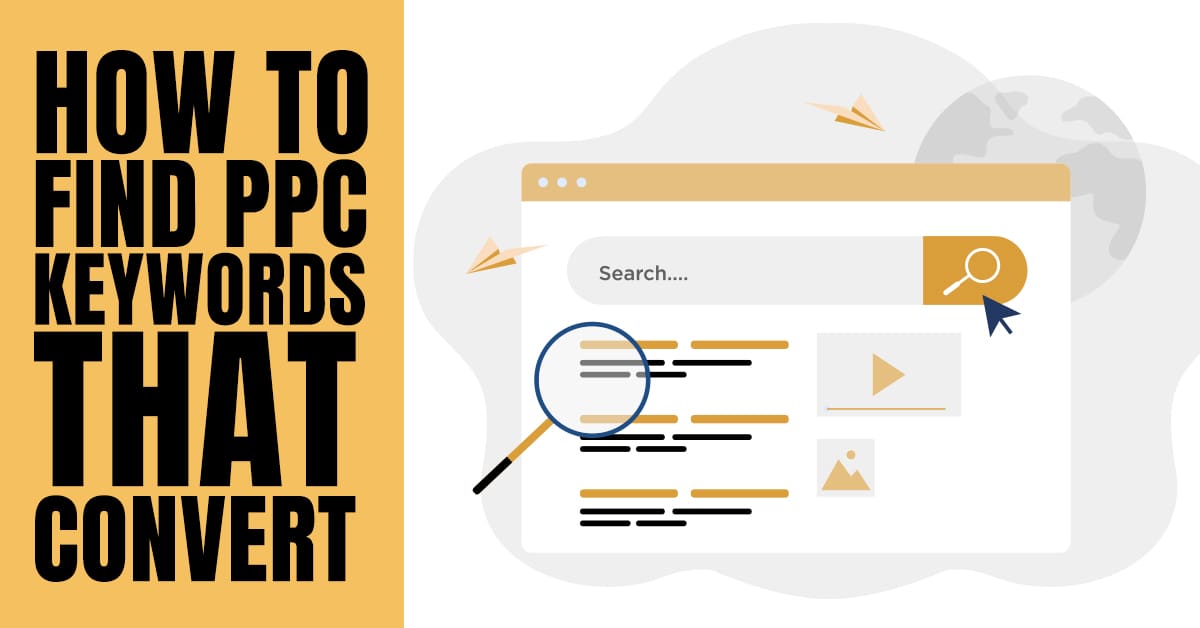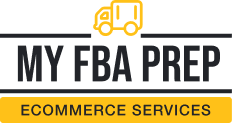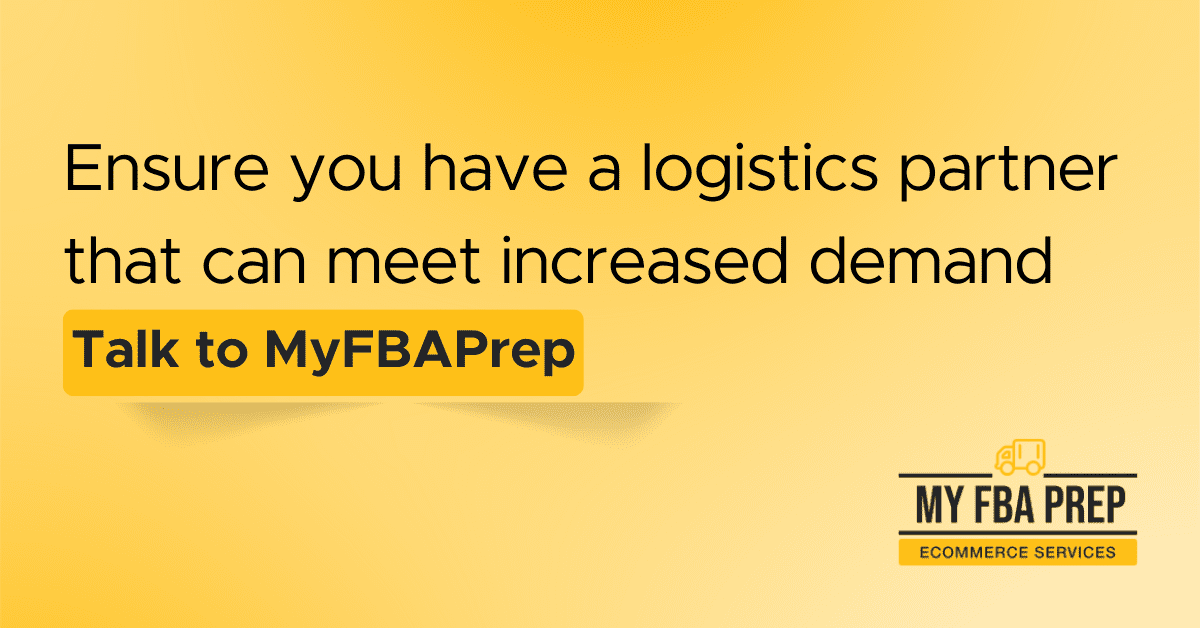
How to Find PPC Keywords That Convert

You invest time, money, and other resources to ensure your eCommerce store’s website is easy to navigate and accessible, your products stand out, and your checkout process is seamless. This sets the stage for selling your products, but one major challenge remains: getting people to your site to convert them into customers.
Increasing your web traffic is an integral part of growing your online business. This requires you to follow digital marketing best practices to surpass your competitors and capture the interest of your potential customers and attract them to your website.
Types of traffic
The web visitors who arrive on your website are referred to as “traffic.” Traffic can be direct, organic, or paid and come from multiple sources.
Direct traffic
Direct traffic doesn’t come from any referring website, such as when a customer types your URL into their search bar. If traffic comes from an unknown source, it can be categorized as direct traffic.
Organic traffic
Organic traffic finds your site via a search engine through unpaid means. It’s the result of your inbound marketing and SEO efforts.
Paid search traffic
Paid search traffic arrives from a paid search campaign you’ve launched on a search engine, such as Google or Bing. This is sometimes called pay-per-click (PPC).
Social traffic
This is traffic that comes from a social media platform, such as LinkedIn, Twitter, Facebook, or Instagram.
Email traffic
This is traffic generated through email campaigns.
Referral traffic
This type of traffic comes to your website from any site other than social media platforms or a search engine. Someone clicking over to your website from a hyperlink on a blog, for example, would be considered referral traffic.
In an ideal world, you’d have enough organic traffic sources feeding into your website to make paid avenues redundant. However, the reality is a good portion of your traffic — particularly in your early days — comes from paid sources, including pay-per-click.
What is PPC?
Pay-per-click is a digital advertising model in which you pay a fee each time a user clicks on one of your ads. This type of advertising is typically accomplished through search engines like Google and Bing, as well as on social media platforms like Facebook and Instagram. The goal of PPC is to drive traffic to your online store and convert those visitors into sales.
To ensure your audience converts and you achieve a high return on investment (ROI), you need to incorporate search engine optimization (SEO), rich keywords, and learn how to select the right ones.
The 411 on SEO
Search engine optimization is a method of improving the visibility of a website or page in a search engine’s unpaid results. The goal of SEO is to increase the quantity and quality of traffic to a website through organic search results. This can be achieved through a number of techniques, including optimizing website content, building backlinks, and conducting keyword research.
Both PPC and SEO are critical for eCommerce businesses because they work together to drive traffic to an online store and convert them into sales. PPC is a quick and effective way to get in front of potential customers, while SEO helps establish a business as an authority in its industry.
With PPC, eCommerce businesses can target specific keywords and demographics, which contribute to higher conversion rates. For example, if you sell running shoes, you could target keywords like “running shoes” and “athletic footwear” and display ads to users who’ve recently searched for those terms. You can also track the effectiveness of your paid ad campaigns, allowing you to optimize your ad spend, improve your ROI, and reduce your customer acquisition spend (CAC).
SEO is another crucial strategy, as it positions you as a credible source in your sector. By refining website content and building backlinks, you can improve your search engine rankings, resulting in increased visibility and more organic traffic. Meanwhile, conducting keyword research identifies the terms and phrases your target audience uses to find products like yours so you can optimize your site for those strings.
Combine PPC and SEO to drive even more traffic to your online store. For example, you could use PPC to drive immediate traffic to your website and work on SEO to improve long-term visibility. This helps you reach the right audience at the right time, which can yield higher conversion rates.
What are keywords?
Keywords are specific words or phrases that identify the main topic or theme of a piece of content. In SEO, keywords help search engines both understand the content of a website or page and determine how relevant it is to a user’s search query. They’re typically included in the title, header tags, and throughout the body of a web page. This is especially important on eCommerce sites, as the right keywords can capture your customers’ attention by highlighting product specifications.
Here’s how it works: When a user conducts a search on an engine like Google, the search engine’s algorithm scans the content of all the web pages it’s indexed to determine which ones are most relevant to the user’s input. The algorithm then looks for keywords on the page to understand the main topic or theme of the content, as well as other factors like the number of backlinks and the overall quality of the content.
For instance, if you sell women’s sneakers, incorporating keywords that highlight specific product features like color, brand, and gender will help you appear higher in the search results of a potential customer’s query.
As such, selecting the right keywords is crucial to improve your search engine rankings and drive more traffic to your site. Identify the keywords that are most relevant to your specific products so you can optimize your website content and meta tags to include them. This will help search engines understand your content and expand your store’s visibility in search results.
Types of keywords
You have different types of keywords to use in SEO, namely, long-tail, short-tail, and LSI (latent semantic indexing) keywords. Long-tail keywords are longer phrases that are specific and less competitive, while short-tail keywords are shorter and more generalized. LSI keywords, meanwhile, are semantically related to a main keyword and help search engines understand the context of their associated content.
How to do PPC keyword research
Keyword research is an ongoing process that helps businesses identify new keywords and understand how to optimize their content for them. Organizations can conduct research on their own, employ an outside hire, or adopt a tool to reduce the workload. Tools like Google Keyword Planner and SEMrush can determine the keywords that are most relevant to a business and reveal their search volume and competition.
Manual research
You can manually research keywords for your PPC campaigns that align with your product pages and business needs. If you’re unfamiliar with SEO and paid campaigns, this will require some work. Understanding the types of keywords and identifying those that relate to your product are important for optimizing your PPC campaigns and efforts.
Hire an SEO strategist
If your budget allows, hiring an SEO strategist or digital marketing manager is an excellent way to streamline your PPC campaign planning and SEO efforts. An internal hire will focus solely on optimizing your PPC efforts and will manage every aspect from research to implementation, monitoring, and measuring.
If you choose to research on your own or hire an SEO strategist, use these tips to ensure fruitful research:
- Start with your products or services: The first step in researching keywords is to identify the products or services you want to promote. This will give you a starting point for your research and help you stay focused on relevant keywords. For example, if you sell clothing, your initial keywords might include “clothes,” “apparel,” “fashion,” and specific clothing items such as “dresses,” “jeans,” and “t-shirts.”
- Analyze your competitors: Turn to your competitors’ websites and PPC campaigns for a source of information. Look at the keywords they target and see if any of them align with your products or services. You can also use tools like SEMrush and Ahrefs to see which keywords your competitors rank for in organic search.
- Consider long-tail keywords: Long-tail keywords are longer, more specific phrases that often convert better than short, broader keywords. For example, “women’s cocktail dresses” is a long-tail keyword that hones in on narrower search queries. Long-tail keywords can help you reach a more targeted audience and increase conversions.
- List negative keywords: Negative keywords are those you want to exclude from your campaigns. For example, if you sell clothing for women, avoid keywords like “men’s clothing.” This will prevent you from wasting ad spend on irrelevant keywords.
Employ a tool like the PPC Keyword Generator
A variety of keyword research tools exist to help you identify relevant keywords. Though costly, they can take on much of the heavy lifting of keyword research.
Some popular options include Google Keyword Planner, SEMrush, and Ahrefs. These tools have you enter seed keywords related to your products or services, then they generate a list of related keywords to help you further refine your research. Another option is the MyFBAPrep PPC Keyword Generator, which is easy to use, cost-effective, and operates anywhere as often as you want.
Outsource to an agency
If the thought of managing your keyword research, PPC campaigns, and SEO in-house cause you stress, consider outsourcing to an agency that specializes in SEO and digital advertising. This is likely the most expensive option on our list, but it comes with the reassurance that you have an expert team handling your SEO and PPC needs.
Another drawback, though, is it can slow your business operations. Many agencies have established service-level agreements (SLAs) with set turnaround times for requests. This can impact your ability to be nimble in switching up keywords or entire campaigns, as it may require you to go through the agency’s official channels.
Wrapping up — Empower your ad strategy with PPC keywords
Researching keywords for PPC can be a time-consuming task, but it’s important to do it correctly to produce successful content and campaigns. By following these tips and identifying the best keywords for your business, you’re more likely to reach the right audience, increase conversions, and drive more sales for your eCommerce business.
Finding your PPC words is a critical component, but the work doesn’t end there. Once you’ve identified and implemented your selections, it’s important to monitor your campaigns to see which keywords perform well and which don’t. Analyze the data from your campaigns to adjust your strings as needed and optimize your PPC campaigns for better performance. As a result, you’ll reduce your CAC, streamline your marketing efforts, and increase your ROI.

